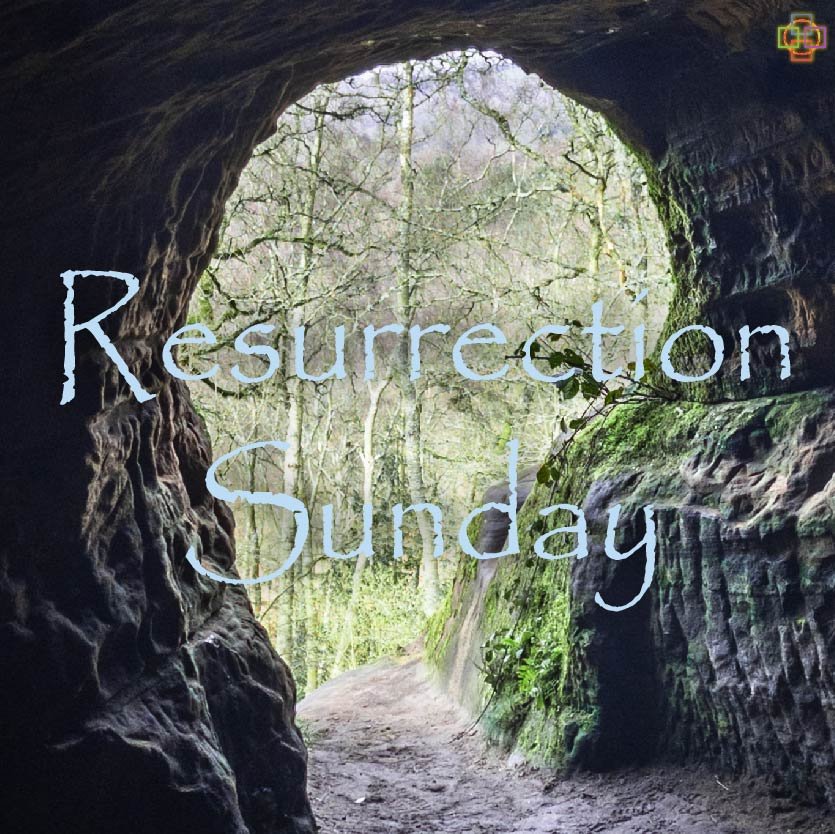
Read Our Written Sermons
grounded in a mystical, interfaith-Christianity inspired by Emanuel Swedenborg

Resurrection Sunday
Easter is quite the celebratory and important time for those who celebrate it, yet some say that certain aspects of the Easter holiday were stolen from “pagans,” but what is paganism and what does it mean to steal a holiday? Traditions have borrowed from each other since time immemorial, and humans tend to celebrate at certain times of the year – often for good reason! Perhaps, the historically Christian-used pejorative “pagan” is behind these oft-repeated assertions – people are pointing out that Christianity is connected to and shares roots in the past, pre-Christ, in both Judaism and other traditions and practices, even though Christianity has often tried to distance itself from them. However, funny enough, Easter may be one of the least “holiday-borrowing” of Christian traditions, as even the use of the bunny and the egg can be traced back to specific Christian groups in the centuries after Christ’s death coming up with their own relatively unique ways to celebrate a holiday that was originally celebrated at the time of the Jewish Passover by Christianity’s earliest followers, who identified as Jews. Many Easter practices share a common thread, however, which is their shared symbolism of rebirth, renewal, and resurrection – something that Christianity further shares with many other traditions’ symbolic practices, highlighting the importance of spiritual renewal and our rebirth in the God at the core of our being across cultures and ages.
